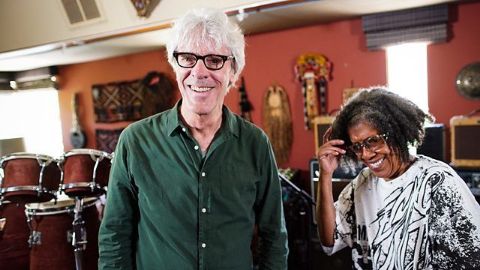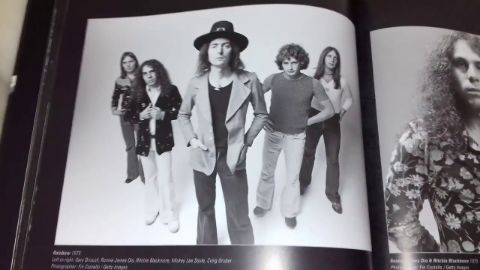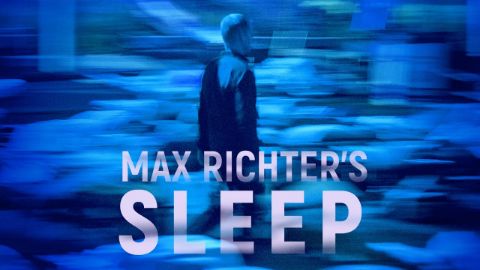On Drums... Stewart Copeland! • 2019 • episode "S1E1" • Guitar, Drum and Bass
Stewart Copeland explores the drums as the founding instrument of popular modern music. Beats that travelled from Africa via New Orleans and across the world are the consistent force behind musical evolution. Stewart plays with some of the most inspiring drummers of the last 50 years, including John Densmore of The Doors, Chad Smith of The Red Hot Chilli Peppers, Prince’s musical director Sheila E, New Order’s Stephen Morris and Foo Fighters’ Taylor Hawkins. He goes dancing in New Orleans, builds his own bass drum pedal and checks out hot new bands on Santa Monica beach.
Make a donation
Buy a brother a hot coffee? Or a cold beer?
Hope you're finding these documentaries fascinating and eye-opening. It's just me, working hard behind the scenes to bring you this enriching content.
Running and maintaining a website like this takes time and resources. That's why I'm reaching out to you. If you appreciate what I do and would like to support my efforts, would you consider "buying me a coffee"?
Donation addresses
BTC: bc1q8ldskxh4x9qnddhcrgcun8rtvddeldm2a07r2v
ETH: 0x5CCAAA1afc5c5D814129d99277dDb5A979672116
With your donation through , you can show your appreciation and help me keep this project going. Every contribution, no matter how small, makes a significant impact. It goes directly towards covering server costs.








